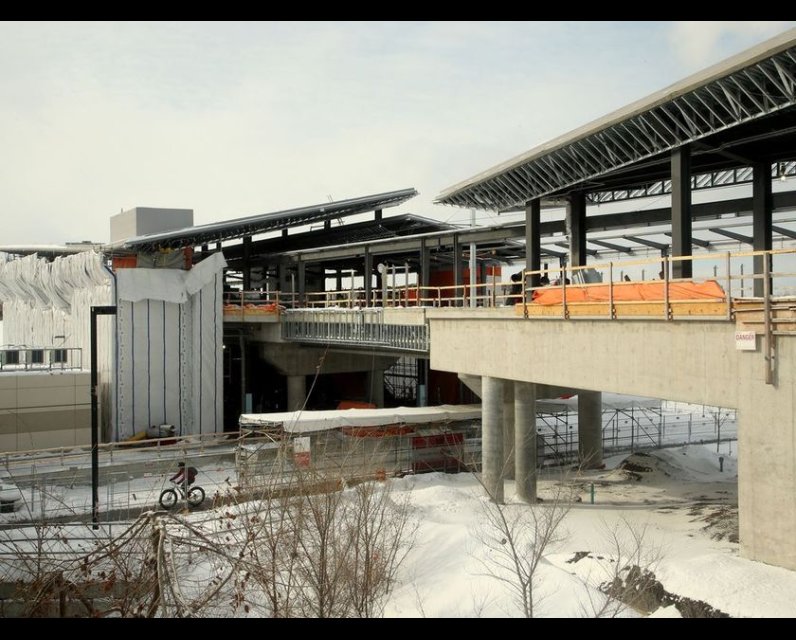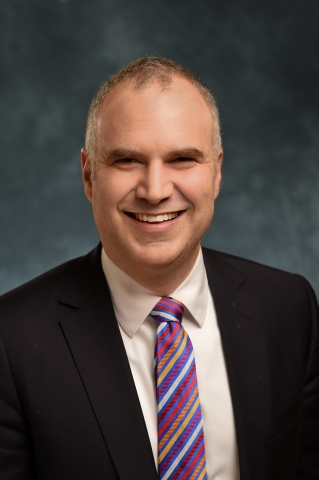Warning message
- Last import of users from Drupal Production environment ran more than 7 days ago. Import users by accessing /admin/config/live-importer/drupal-run
- Last import of nodes from Drupal Production environment ran more than 7 days ago. Import nodes by accessing /admin/config/live-importer/drupal-run
Unpublished Opinions
Ottawa City Councillor, Ward 13 Rideau-Rockcliffe First elected as City Councillor in 2014, Tobi Nussbaum has dedicated his career to public service. He moved to Ottawa to join the Canadian Foreign Service in 1996, starting in the legal bureau and then taking on different responsibilities including postings to the United Nations in New York and the World Trade Organization in Geneva. In Ottawa, he has served in various senior positions within the Department of Foreign Affairs and International Trade, the Privy Council Office and, most recently, the Canadian International Development Agency, where he was the Director-General of Development Policy. In his volunteer time, Tobi has been an active community leader and volunteer. He served as President and Board Member of the Lindenlea Community Association and later co-founded and chaired the Beechwood Village Alliance. As a soccer coach for his daughters’ soccer teams, school volunteer and local rink “hoser”, Tobi has long been an energetic and visible presence in Rideau-Rockcliffe. Tobi holds a Master of Public Administration from Harvard University, a law degree from the University of Victoria and a Bachelor of Arts from Queen’s University. He is married with two school-aged daughters.
Nussbaum: Here's the link between the health of democracy and the LRT delay

This week’s developments on the light-rail transit file have left me pondering questions about core roles and responsibilities in our democratic system.
Much ink has been spilled about the $1 million penalty that many residents and councillors, including me, had understood to be in play the minute the handover date moved beyond May 24, 2018.
It turns out the project agreement actually provided the contractor the ability to push the handover date as far back as a year later – with no penalty.
Of far more significant cost to taxpayers, however, is the delayed handover will mean increased costs and decreased revenues for OC Transpo. This delay will mean the forecasted budget numbers passed by city council – 48 hours before senior staff publicly revealed the likely LRT delay back in mid-December, and three weeks after they first became aware of the risk – will clearly not be achieved.
What should be made of the public assurances by Mayor Jim Watson and senior staff that the contractor will fully reimburse the costs? As much as I wish that to be true, I have not seen any evidence that the contractor is required to repay the city for additional costs incurred due to a new, permitted, handover date.
Previously, I might have taken those assurances at face value, but the events of the last weeks have made me skeptical – and I’ve realized how dependent municipal legislators are on the executive branch of government to provide clear and accurate information.
In the federal government, the public service reports to the executive and not the legislature. Municipally, public servants report through the city manager to both the mayor, as the chief executive officer, as well as to the council, the legislated body charged with ensuring the “accountability and transparency of the operations of the municipality, including the activities of the senior management of the municipality.”
Cities lack the kind of independent officers who act as checks on the executive branch in other levels of government. So, while federal legislators can turn to a Parliamentary Budget Office or the extensive assets of the Library of Parliament for independent policy analysis and research, municipal legislators have no such resources.
This has two implications.
The first is that the municipal public service must scrupulously carry out its statutory obligation to “undertake research and provide advice to council on the policies and programs of the municipality” without fear or favour. This is admittedly easier said than done. One can imagine that providing advice to council that contradicts the public statements or positions of the mayor (such as “on time, on budget”) would make for awkward moments.
Yet this is the obligation that the Ontario Municipal Act has imposed on city managers and their senior officials.
The second implication is that municipal legislators must always exercise significant and vigilant due diligence, particularly on big projects that the public cannot be expected to follow in detail.
Although the LRT project was approved in 2013, before I arrived on council, in hindsight, I wish I had asked more detailed questions and requested clearer answers earlier than I did. I acknowledge this shortcoming in part because I believe we need to build a greater culture of accountability at city hall.
We are extremely fortunate in the City of Ottawa to have a workforce of dedicated and conscientious staff who serve the residents of our city with professionalism. The public expects neither municipal employees nor their elected officials to be perfect. The public does expect, however, that when mistakes of consequence or misleading statements are made, those in positions of responsibility account for them.
Protecting and promoting the public interest is what binds the executive and legislative branches of government together. For that shared objective to be achieved, we need to constantly be guided by shared principles of transparency and accountability along with a strong dose of courage and humility.
Nothing short of public trust in the democratic process is at stake.
Tobi Nussbaum is the councillor for Rideau-Rockcliffe.



Comments
Be the first to comment